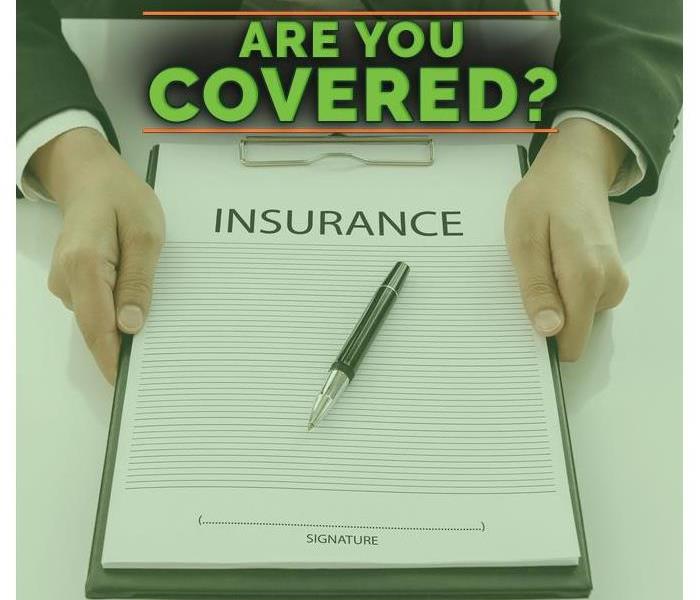Do I Need Fire Insurance For My Building?
10/7/2022 (Permalink)
 If you own a building and don't have fire insurance, then you are putting yourself and your business at risk.
If you own a building and don't have fire insurance, then you are putting yourself and your business at risk.
Do I Need Fire Insurance For My Building?
If you own a building and don't have fire insurance, then you are putting yourself and your business at risk. If your property is damaged by fire or smoke, it could take months or years to repair the damage. As a result of these setbacks, your business may suffer from decreased profits, bankruptcy, and even closure if the damage is extensive.
Protecting your home, whether it’s a house or a business, should be one of your top priorities.
Protecting your home, whether it’s a house or a business, should be one of your top priorities. The last thing you want is for something bad to happen and then have no way to recover from it.
Insurance companies offer fire insurance policies that can help protect you and your property in the event of damage caused by fire. This type of policy covers damages incurred from natural disasters like hurricanes or tornadoes as well as man-made accidents like fires or explosions caused by faulty wiring.
Fire insurance can be very expensive depending on where you live, so make sure that you understand exactly what type of coverage you need before buying any kind of policy.
Why You Need Fire Insurance
If you have a building, then you need fire insurance. Fire insurance protects you from the financial loss of a fire in your building. This means that if your building is damaged by fire, whether it's physical damage or smoke damage, and you don't have any other type of coverage, then you could be liable to pay for repairs out-of-pocket if there isn't enough coverage on your property.
What happens if my property is damaged by smoke?
If there is no electrical or gas source involved in the cause of the fire and there are no injuries sustained or personal belongings destroyed during that time period, then only smoke damage will apply to this situation—and it's important to note that this can also cover other things as well such as mold removal costs after water has been used on hot spots left behind by fires!
There are different types of fire insurance, but they are all designed to help you get back on track after you have experienced a devastating fire.
There are different types of fire insurance, but they are all designed to help you get back on track after you have experienced a devastating fire.
The best way to find out if your building needs this protection is to sit down with your agent and discuss your options. You should ask questions about the coverage offered by each type, as well as whether or not it's right for you. Your agent will be able to guide you through the process and ensure that your business is protected in case of a disaster.
Damage caused by smoke can also be covered by fire insurance if your policy allows for it.
Smoke damage is also covered by fire insurance policies. This type of damage can be caused by a fire that is put out, or by a fire that goes out on its own and leaves behind smoke.
If you're wondering if your policy covers smoke damage, it's best to check with your agent before buying the policy. In general, if you have enough coverage in place for your building and its contents, then you should be able to get protection against smoke damage as well.
When purchasing fire insurance for your building, there are several things you will want to consider before signing a contract with an insurance company:
Before purchasing fire insurance for your building, there are several things you will want to consider.
- What type of insurance do you need
- How much coverage do you need
- What is covered and not covered
Conclusion
The best way to protect your business and its assets is with a comprehensive insurance plan. This includes both property and liability coverage. You should also consider adding additional coverages such as Business Interruption Insurance (BI) or Professional Liability Coverage (PL).






 24/7 Emergency Service
24/7 Emergency Service